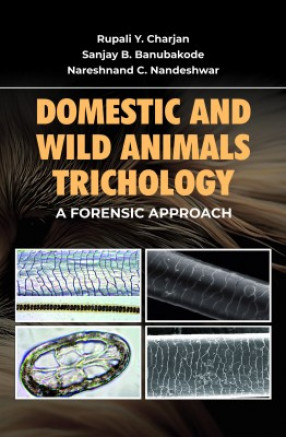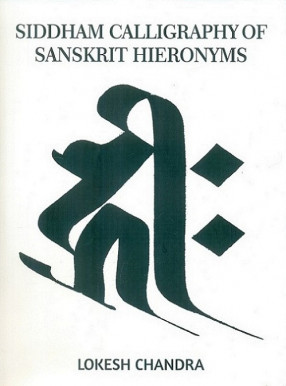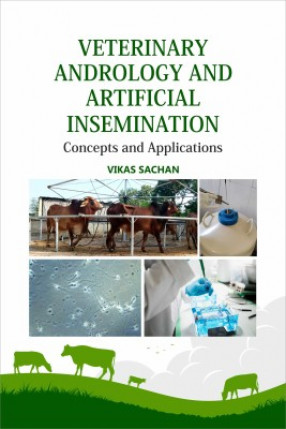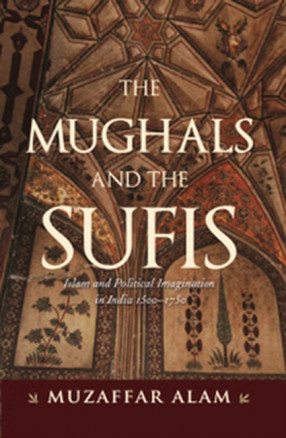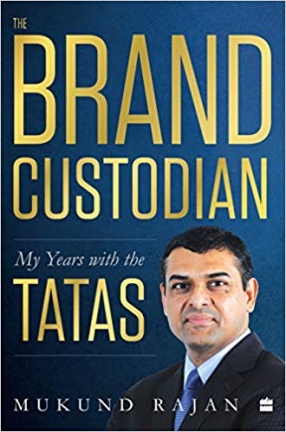FREE & QUICK WORLDWIDE SHIPPING ON $60+
TAKE 10% OFF YOUR ORDER | USE CODE: TAKE10

Book details
-
 ix+123p., Bibliography; Index.
ix+123p., Bibliography; Index.
-
 Hardcover
Hardcover
-
 English language
English language
-
 Aryan Books International
Aryan Books International
-
 01.01.2002
01.01.2002
-
 ISBN 10:
8173052174
ISBN 10:
8173052174
Related categories
Man in Indian Tradition: Vidyapati's Discourse on Purusa
Synopsis
The book deals with the image of "man" that was posited in the medieval period when north Indian society was beset with crisis due to the internal conflict of sectarian ideologies as well as the onslaught of the Islamic politico-religious power. This state of socio-cultural and political situation was perceived by Vidyapati, a great poet and statesman of Mithila (north-eastern part of Bihar) in the late fourteenth and early fifteenth century, as that of crisis of man. He was probably the first intellectual of north India who recognized the significance of such socio-political and religious issues as "what is man?", "what is manliness?", "what is dharma?", etc., in a situation of multi-religious social and political order. There is no space for jati/varna/kula in the structure of man presented by him. Even in the sphere of religion, man is supposed to enjoy autonomy as, according to him, dharma relates to his private domain and to the universal moral precepts of ancient Indian tradition. Purusa Pariksa eloquently presents the reflections on the crisis of his society in which the followers of Vedic or Sanatana dharma had begun to identify themselves as "Hindu." It was at this juncture of Indian tradition that Vidyapati introduced his idea of "man" or individual having courage, sense of discrimination (viveka), boldness of will, wit and learning (vidya). The book conveys his socio-political perspective that still appears to be relevant to the issues of national regeneration and development.
-10%
Item available. Ships in 1-2 days.












